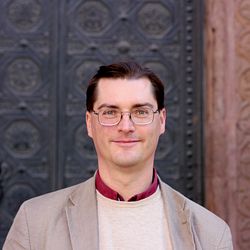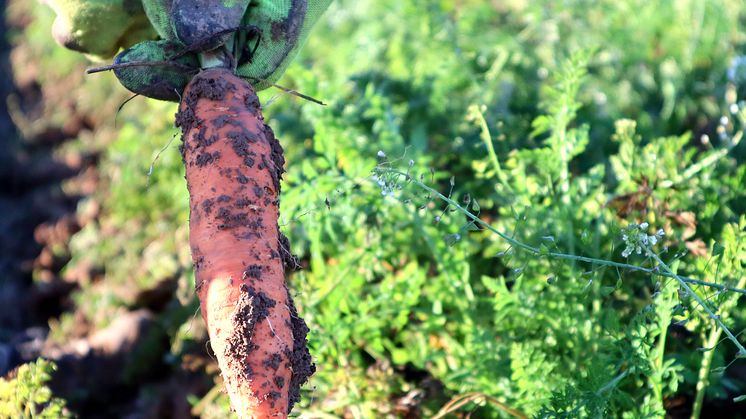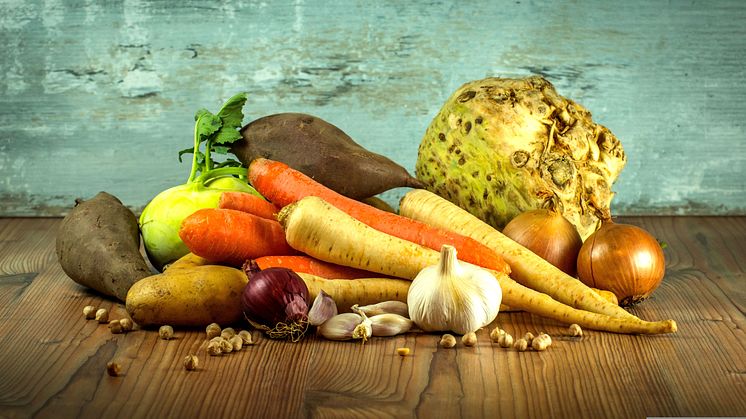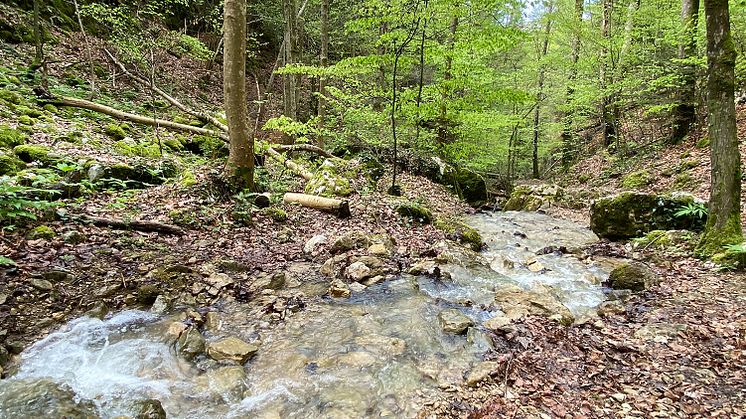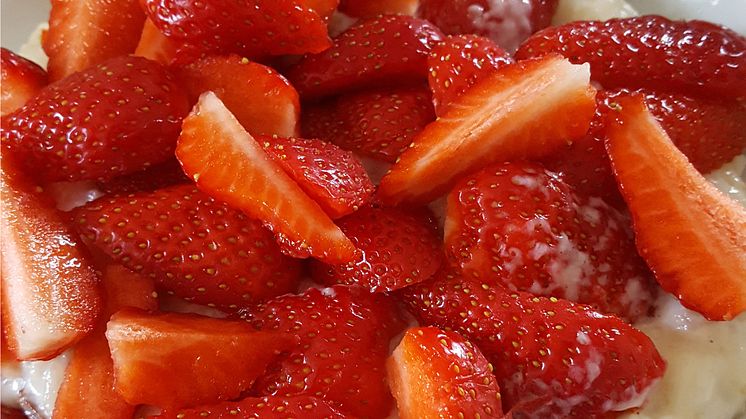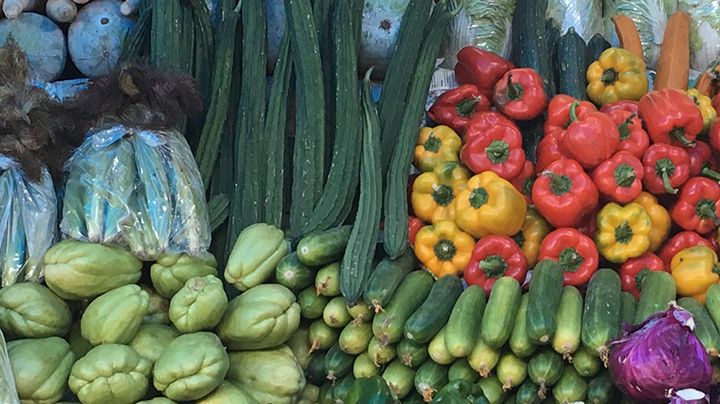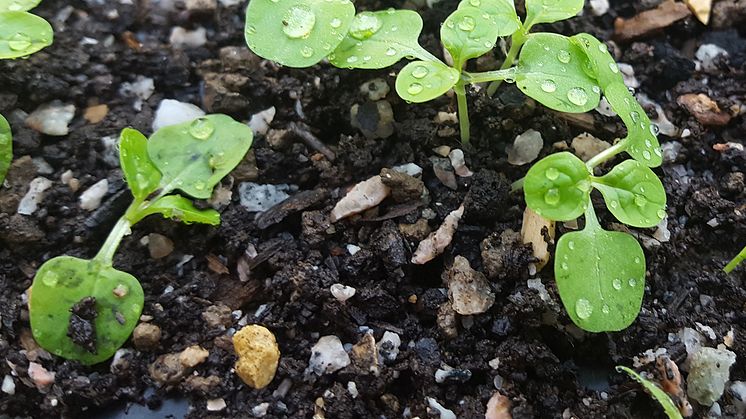
Press release -
Food quality is a question of attitude: Jasmin Peschke illustrates the relationship of food and health
Goetheanum, Dornach, Switzerland, 25 February 2021
Food quality is a question of attitude
Jasmin Peschke illustrates the relationship of food and health
Eating good quality food improves health while malnutrition can lead to illnesses such as obesity or type 2 diabetes. For nutritionist Jasmin Peschke food quality is connected with people‘s attitude towards soil, plants and animals.
The search for the underlying causes of the Coronavirus pandemic reveals the complex ways in which different lifeworlds are interconnected. When habitats of animals disappear – as result of slash-and-burn for instance – or when their food resources are reduced due to the loss of diversity, they move closer to human settlements and pathogens that previously only affected animals can transfer to humans as zoonoses. Plants growing in a nutrient solution and artificial atmosphere have less chances of developing resilience than plants that have to deal with external influences such as wind, weather, pests and diseases. “Humans also benefit from the vitality and resilience acquired by animals and plants,” says Jasmin Peschke, who has a PhD in ecotrophology and is head of Nutrition within the Section for Agriculture at the Goetheanum. Jasmin Peschke finds it essential to look beyond the ingredients and understand food quality as an expression of the relationship with the lifeworld.
“Our attitude towards animals and plants has a direct influence on our own health, depending on whether we look at them as factors of production or as living beings.” Jasmin Peschke promotes an attitude of partnership in the food system. “An apple is a food with its own ‘biography’, generative and ripening forces, rather than a kind of vitamin supplement.” All stages of the apple‘s biography are important: from breeding to planting, from production to processing, down to its presentation on the plate. The same diversity applies to plant cultivation, research, farming, cheese making, medicine, nutritional science and professional kitchens.
(1867 characters/SJ; translation by Margot M. Saar)
Web www.sektion-landwirtschaft.org...
Contact person Jasmin Peschke, jasmin.peschke@goetheanum.ch
Related links
Topics
Categories
The Goetheanum is the headquarters for the School of Spiritual Science and the General Anthroposophical Society. The School of Spiritual Science with its eleven sections is active worldwide in research, development, teaching, and the practical implementation of its research findings and is supported by the Anthroposophical Society.

